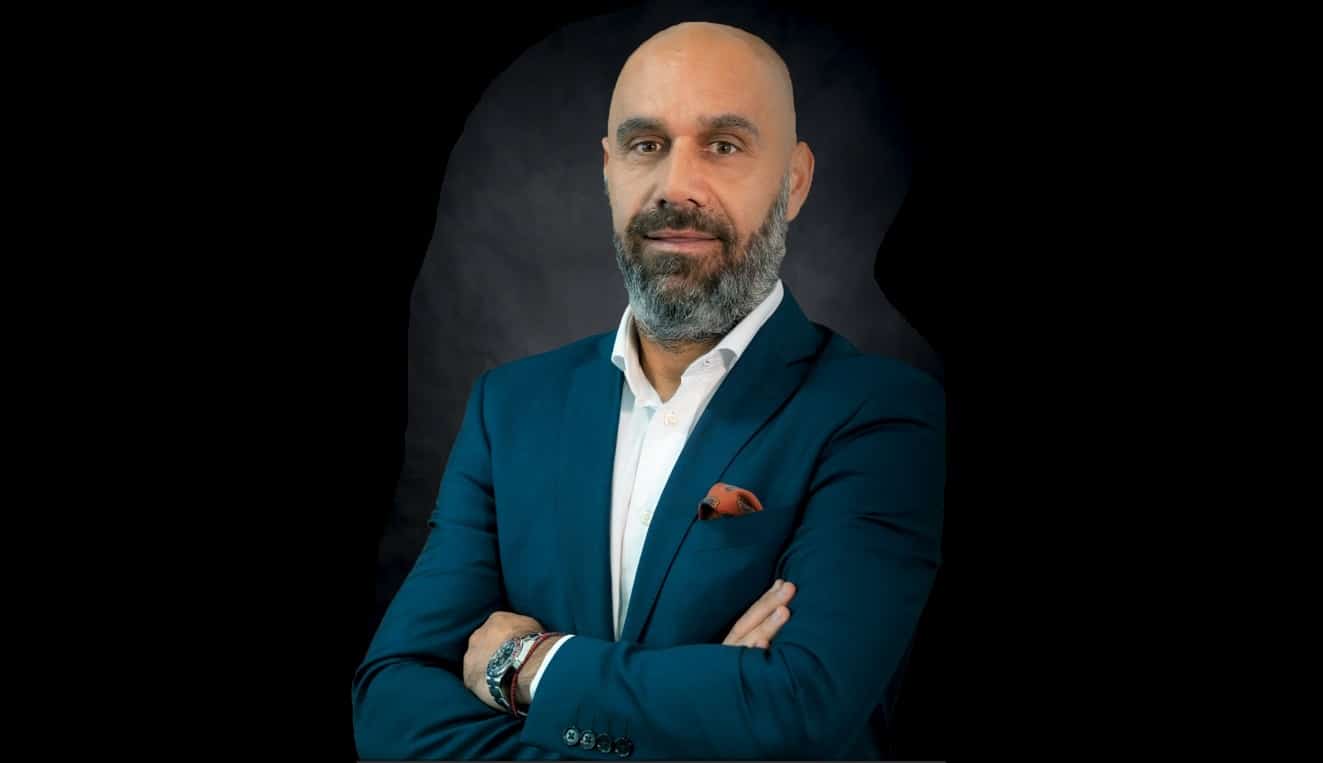It is now more important than ever to strengthen human resources technological skills through training, including vulnerable groups of the population, said Deputy Minister of Research, Philippos Hadjizacharias at the International Educational Conference on “Digital Transition and Inclusion in Education: An Agenda for Action” at the University of Nicosia.
The deputy minister stressed that technological developments, digitization and emerging cutting-edge technologies such as AI were rapidly transforming society and the economy as a whole as well as the working environment.
“It is now more important than ever to strengthen human resources skills through training, including vulnerable groups of the population, to be able to use Information and Communications Technologies and digital media for work purposes and for processing their daily transactions” he said.
He added that the labour market will face revolutionary changes as some of the traditional jobs will disappear while new ones will be created.
“Education will play a key role in helping society adapt to these changes. The educational system should thus be adapted in such a way that it focuses on skills that machines will be less capable of and not on those that will quickly be considered obsolete,” he pointed out.
He added that jobs that will grow will be those that require personal input, flexibility, problem-solving skills and creativity. At the same time he said that computer learning in schools should be at a high level and students should be taught IT-related subjects such as mathematics, statistics and programming.
“In the context of the National Action Plan for digital skills, we envisage developing the Citizens’ Digital Academy platform where citizens will have free access to educational material. A number of actions aim at reshaping school curricula, promoting science and technology careers and cultivating an entrepreneurial mindset,” said Hadjizacharias.
Rector of the University of Nicosia Professor Philippos Pouyioutas highlighted artificial intelligence is continuously evolving the landscape in higher education.
Intelligent tutoring systems utilising data analytics provide for personalised and adaptive learning, thus tailoring education and the learning process to each student’s unique needs, strengths and weaknesses. He added that ChatGPT and other similar AI tools provide challenges but also great opportunities for learning and work.
At the same time, he noted that it is not just AI alone that is revolutionising the education sector, but also metaverse technologies are converting online education into virtual education, providing immersive learning environments where users interact through digital avatars and holograms.
“The opportunities are really endless and we should take advantage of the great potential of technologies,” he said.
British High Commissioner to Cyprus Irfan Siddiq said that education is the strongest bond between Cyprus and the UK, since many Cypriots study in the UK. He also referred to the spirit that comes from British education and the life-long learning connection that comes with it. He also said that the opportunities coming from the digital transition and the technological revolution are so great and it’s really essential to think how they could be harness or broader accessed across the world.
Director of the Directorate of Higher Education of the Ministry of Education Terpsa Konstantinidou stressed that digital transition is a key priority that requires a digitally skilled workforce, digitally empowered citizens and a strong digital education system.
She also said that digital education skills is essential in ensuring that digital transition is inclusive and mostly beneficial for all.
Constant technological changes, she added, requires the life-long development of skills by all learners, for Cyprus to remain sustainable and economically competitive.
The conference was organised by the The Council for Education in the Commonwealth (CEC), the University of Nicosia, the Foundation for the Management of European Lifelong Learning Programs (IDEP), and UNESCO Chair of the University of Nicosia.







Click here to change your cookie preferences